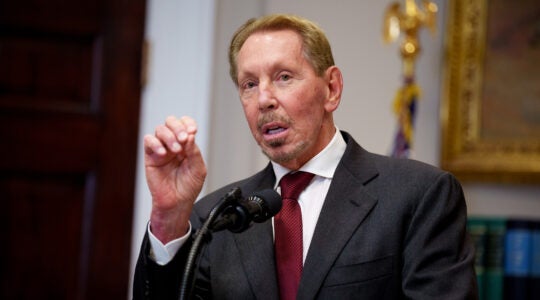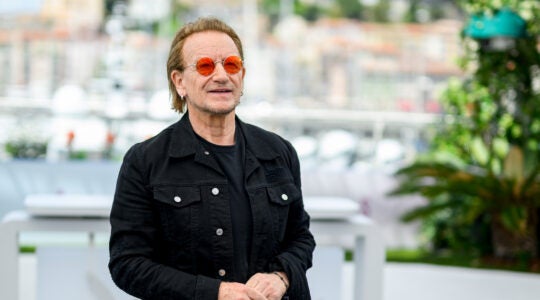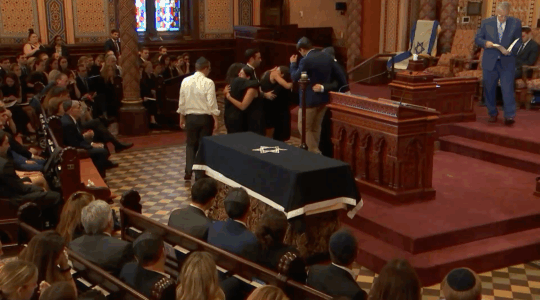HAIFA, Jan. 14 (JTA) — Military service in the Israel Defense Force — three years for men, two years for women — is compulsory for most Israelis. All Jews are expected to serve from the age of 18, as are all Druse males. The enlistment of Druse soldiers began in the early 1950s, following an agreement between the state and the leadership of the Druse community, which wanted to prove its loyalty. This was a natural development after the Druse community generally abstained from taking part in the 1948 attack that the Arab states launched against the nascent State of Israel. Though Druse are ethnically Arab — differing from Muslim and Christian Arabs only in their religion, which is an offshoot of Islam — in many cases Druse collaborated with the Jews against the Arabs. Despite occasional problems, the enlistment of the Druse in the IDF is considered a success story. Their highest-ranking officer is a major-general, the highest rank possible in the IDF after chief of staff. Israeli law does not explicitly exclude Arab youths from military service, but their exclusion has become accepted practice that satisfies the needs of both sides: The Arab community does not want to take part in any potential fighting against other Arabs, and the Jewish establishment feared that Arab soldiers could become a fifth column. The Arab sector also has resisted frequent proposals to institute an alternative national service — essentially, some kind of social work — instead of military service. Throughout the years, however, the IDF has allowed Muslim and Christian Arabs to enlist on a volunteer basis. This was especially encouraged in the Muslim Bedouin community. The Bedouin, who in the past lived in nomadic desert tribes, proved to be excellent pathfinders, and their service has been invaluable in border patrol missions. Bedouin have become the backbone of the Desert Patrol Unit, which in recent years has been in charge of patrols along the border with the Gaza Strip. Several hundred Muslim and Christian Arabs volunteer for the army, generally seeing it as a source of livelihood or a prudent career step. Although Arab volunteers often are considered outsiders by their own society, the Israeli political establishment likes to depict them as an example of the potential integration of Arab citizens in Israeli society.
JTA has documented Jewish history in real-time for over a century. Keep our journalism strong by joining us in supporting independent, award-winning reporting.





